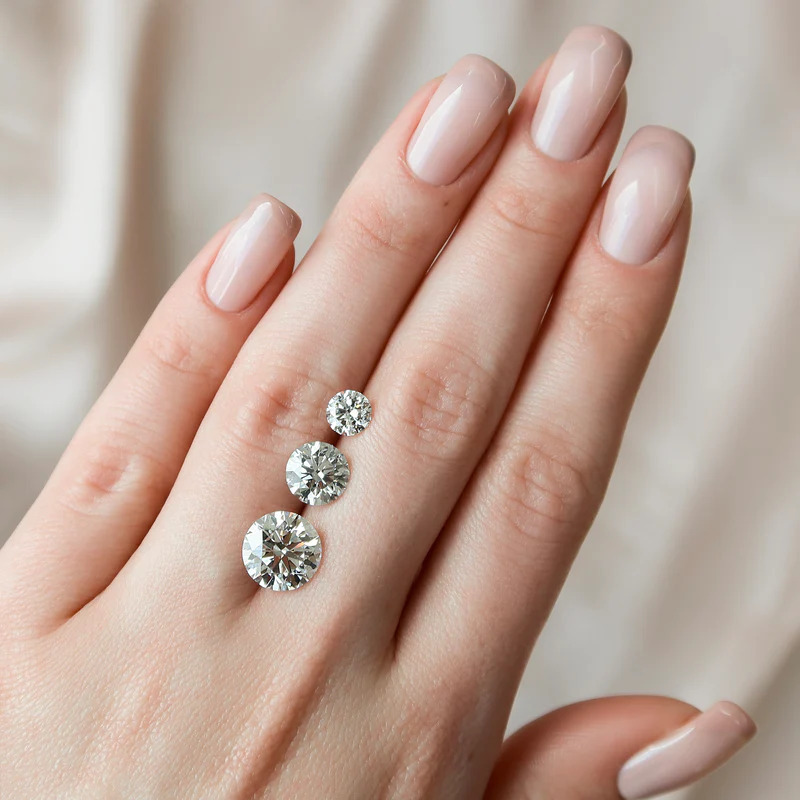When it comes to purchasing a diamond, you want a beautiful and meaningful gem, but you also want to ensure that it comes from ethical and responsible sources. This is where the concept of "conflict-free diamonds" comes into play. In this blog post, we will explore what conflict-free diamonds are, why they matter, and how you can make an informed and ethical choice when buying a diamond.
What Are Conflict-Free Diamonds?
Conflict-free diamonds, also known as "ethical diamonds" or "peace diamonds," are diamonds that have been sourced, cut, and traded without contributing to armed conflict, human rights abuses, or environmental damage. The term gained prominence in the early 2000s as a response to concerns about "blood diamonds" – diamonds mined in war zones and sold to finance armed conflict against governments.
Why Do Conflict-Free Diamonds Matter?
Human Rights: Conflict diamonds have been linked to severe human rights abuses, including forced labor, child labor, and violence against miners. Choosing conflict-free diamonds helps ensure that the diamond industry operates under ethical and humane conditions.
Environmental Impact: Irresponsible diamond mining can have a devastating impact on the environment, including deforestation, soil erosion, and water pollution. Conflict-free diamonds are typically sourced with a focus on environmental sustainability. International Regulations: The diamond industry is subject to international regulations, such as the Kimberley Process Certification Scheme, designed to prevent the trade in conflict diamonds. By choosing conflict-free diamonds, consumers support these efforts and encourage transparency in the industry.
How to Ensure Your Diamond is Conflict-Free:
Ask Questions: When buying a diamond, inquire about its origin and the mining practices of the jeweler or retailer. Reputable jewelers should be willing and able to provide information about their sourcing.
Request Certification: Look for diamonds with a Kimberley Process certificate, which indicates that the diamond has been mined and traded in compliance with ethical standards. However, it's essential to note that the Kimberley Process has faced criticism for not being stringent enough, so some conflict-free advocates recommend additional due diligence.
Support Responsible Brands: Seek out jewelers and brands that are committed to ethical and sustainable practices. Many companies now specialize in conflict-free diamonds and transparent supply chains.
Consider Lab-Grown Diamonds: Another ethical option is lab-grown diamonds. These diamonds are created in controlled environments, eliminating the ethical and environmental concerns associated with traditional mining.
In conclusion, choosing a conflict-free diamond is not only an ethical decision but also a way to ensure that your symbol of love and commitment doesn't carry the dark history of conflict and exploitation. By asking questions, seeking certification, and supporting responsible brands, you can make a meaningful choice that aligns with your values and contributes to a more ethical and sustainable diamond industry.

